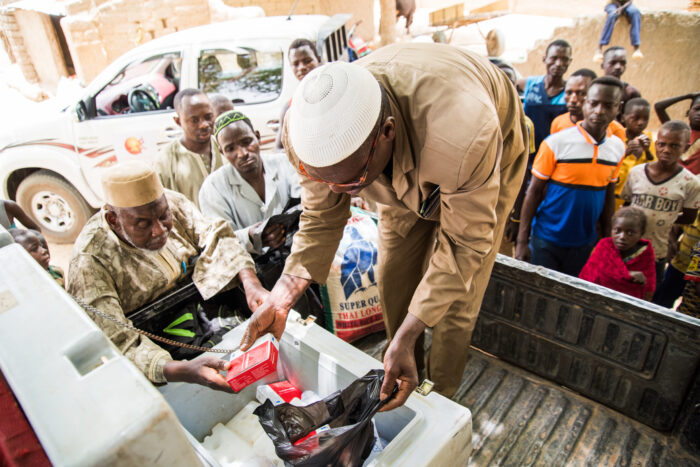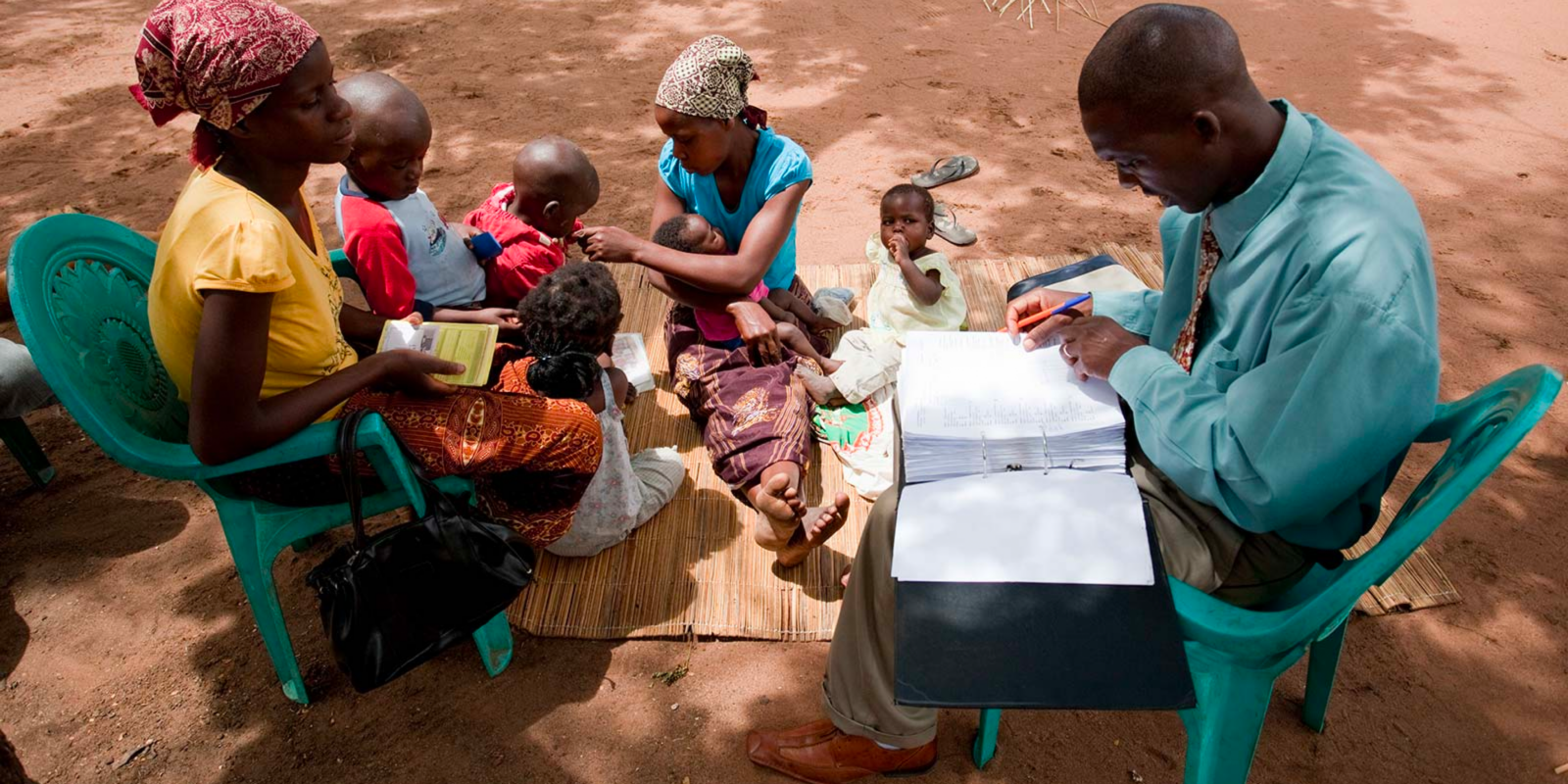What we do
The Institute for Disease Modeling (IDM) is part of the Gates Foundation’s Global Health Division.
IDM’s goal is to support global efforts to eradicate infectious diseases and achieve permanent improvements in health by developing, using, and sharing computational modeling tools and promoting quantitative decision-making.
Improving the health of all people, especially those in the most vulnerable populations, is a pressing and complex problem that engages diverse contributors, from health workers on the ground to funding agencies that provide resources and support. Data-driven approaches, including the development of dynamic models, statistical analysis, and the development and application of innovative algorithms, make fundamental contributions that inform primary research programs, intervention strategies, resource allocation, and other avenues of health care delivery.

Watch recordings from IDM’s 2024 Symposium
Global public health in a chaotic world: The role of modeling & data science
The 2024 IDM Annual Symposium was held in Seattle, WA October 1-2. If you are interested in watching any of the recorded sessions, visit the Symposium page. Please reach out to [email protected] if you have any questions or would like to be added to the invitation list for future events.
Recent publications
Publishing our work enables us to share ideas, code, and insights collaboratively to advance the field of disease modeling and improve global health outcomes.
- Historical and current spatiotemporal patterns of wild and vaccine-derived poliovirus spread
- Modelling the impact of different intervention packages for malaria control under varying intensities of pyrethroid resistance
- Evolution and transmission dynamics of wild poliovirus in Pakistan and Afghanistan (2012-2023)
- Effect of malaria chemoprevention for school-age children across transmission archetypes: a modelling study
Code and tools
IDM provides innovative disease modeling tools freely to the research community to aid in reaching our goal of disease control and eradication. These innovative tools provide quantitative and analytical means to model the transmission of infectious diseases.
- Epidemiological MODeling software (EMOD) (agent-based model for multiple diseases)
- FPSim (family planning model)
- HPVsim (human papillomavirus model)
- Covasim (COVID-19 model)
- PACE-HRH (human resources for health model)







Leadership team
Our leaders are guided by the foundation’s mission to create a world in which every person has the opportunity to live a healthy, productive life.
Learn about our people
